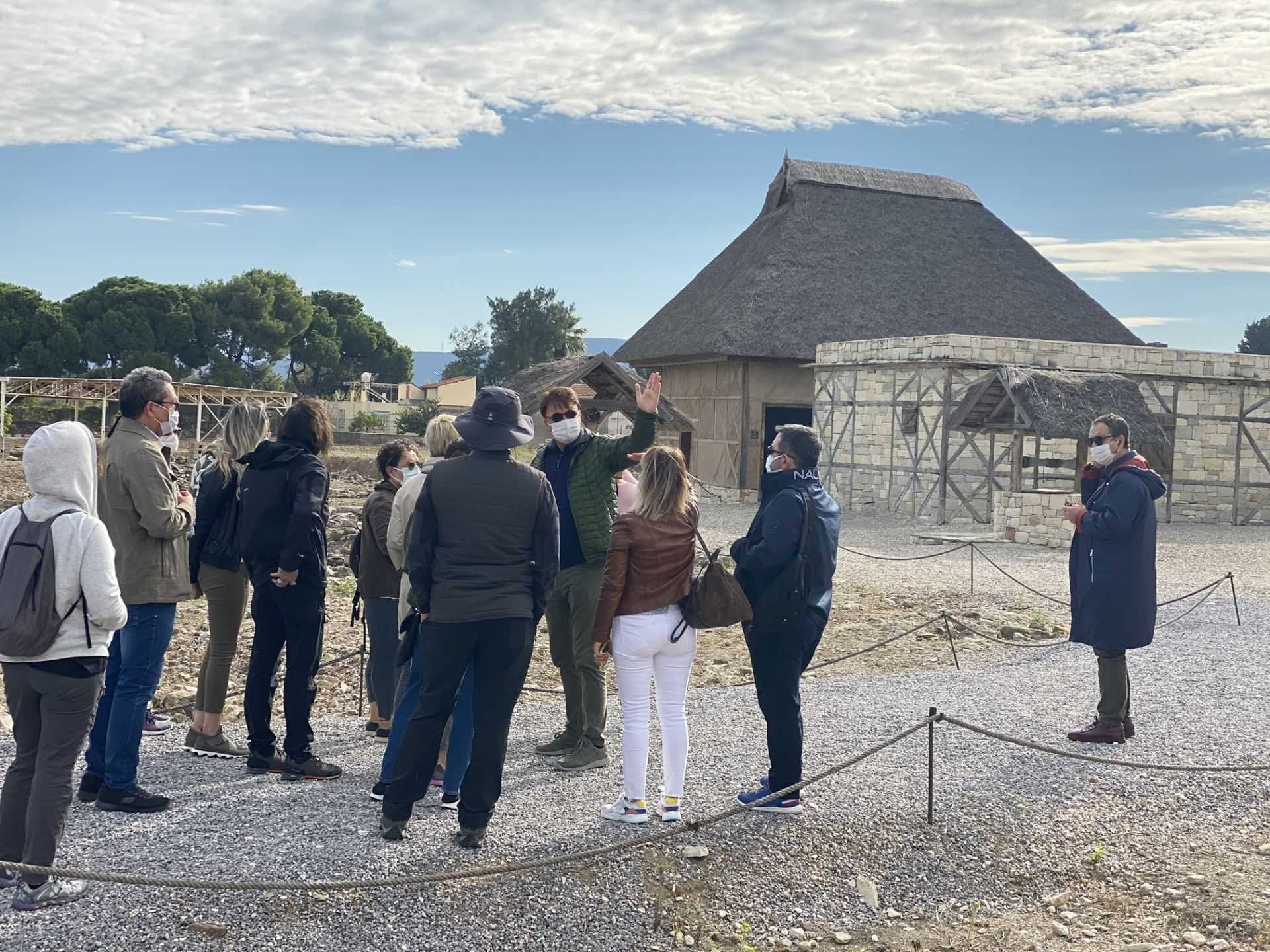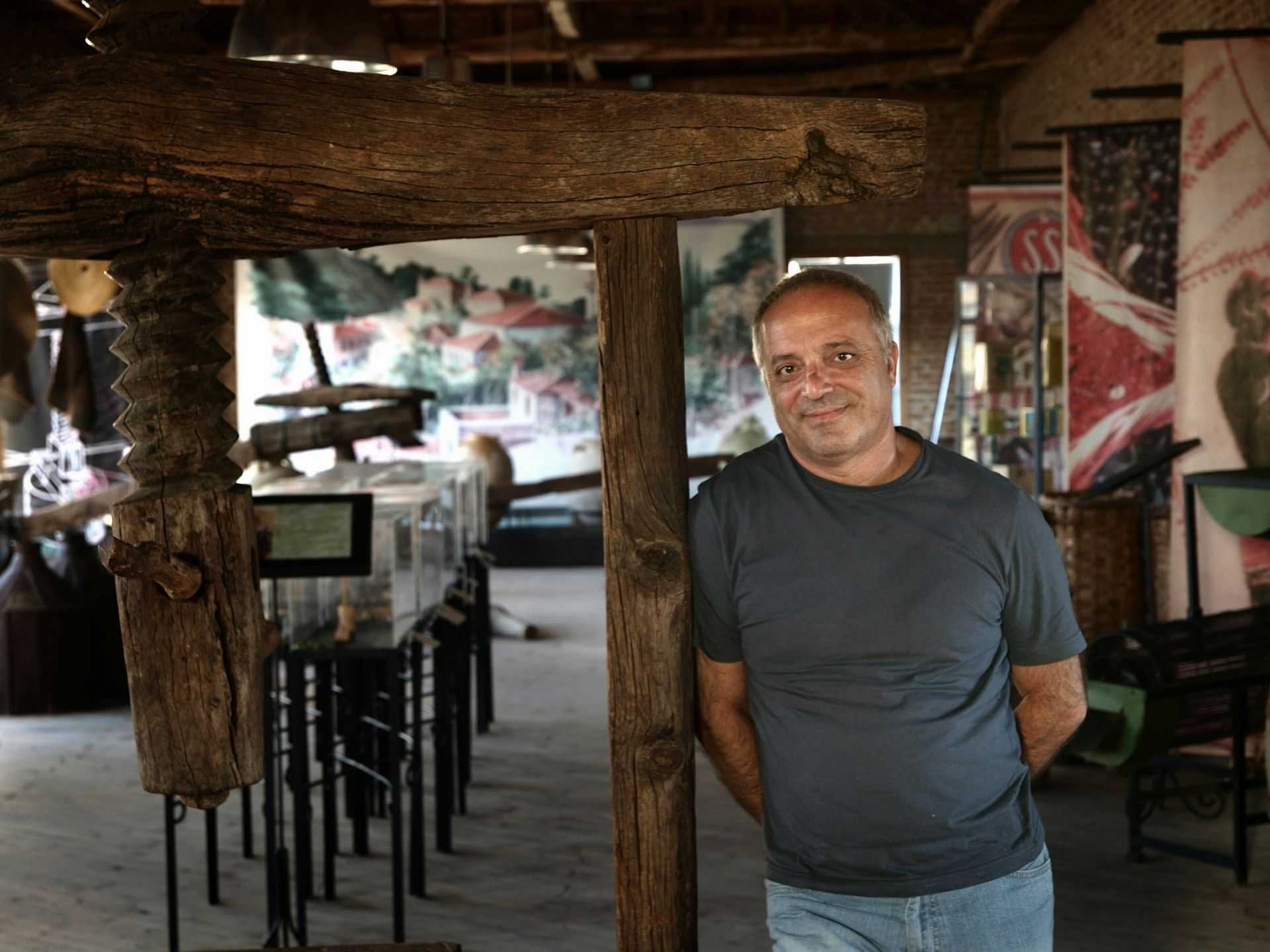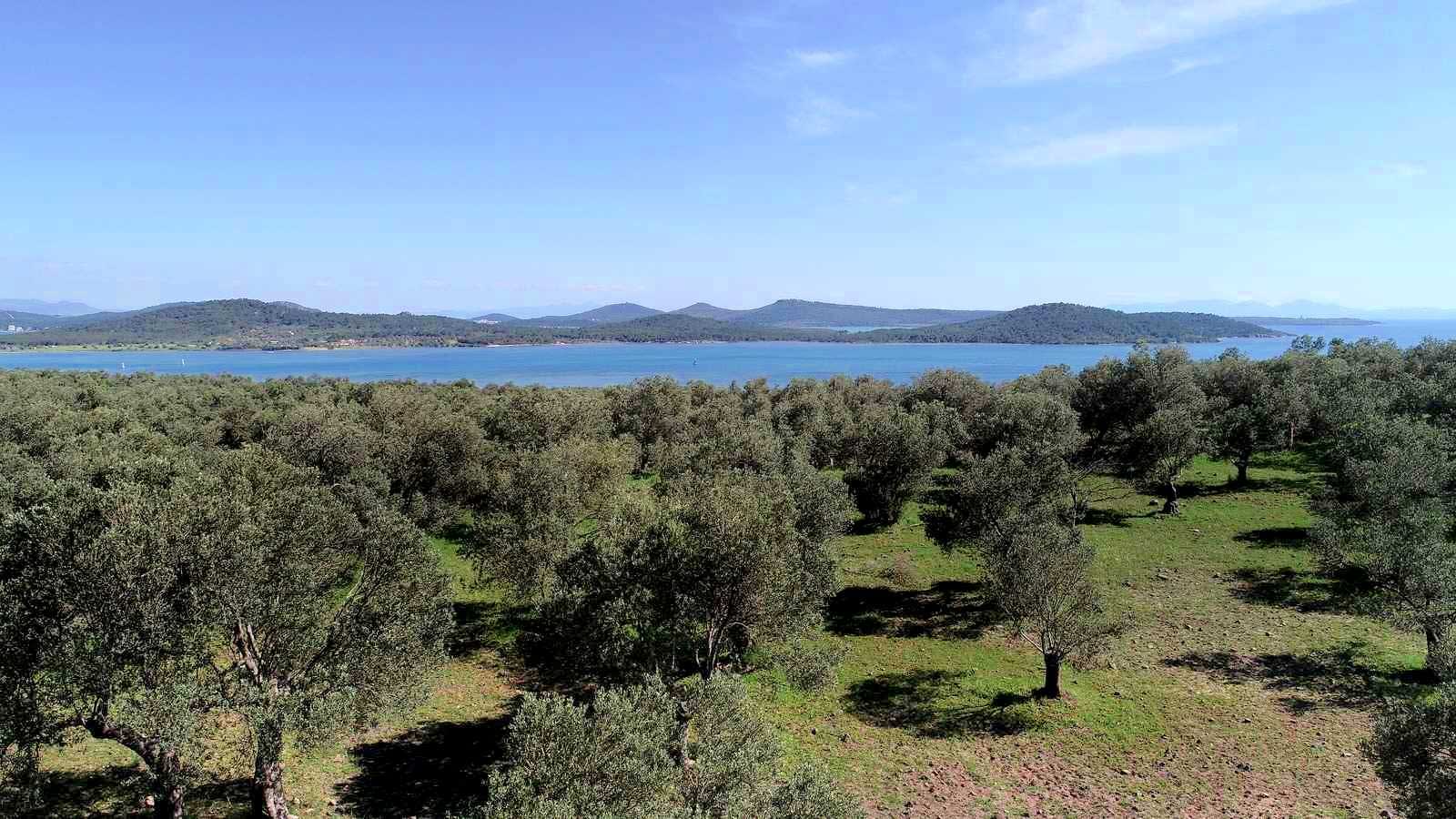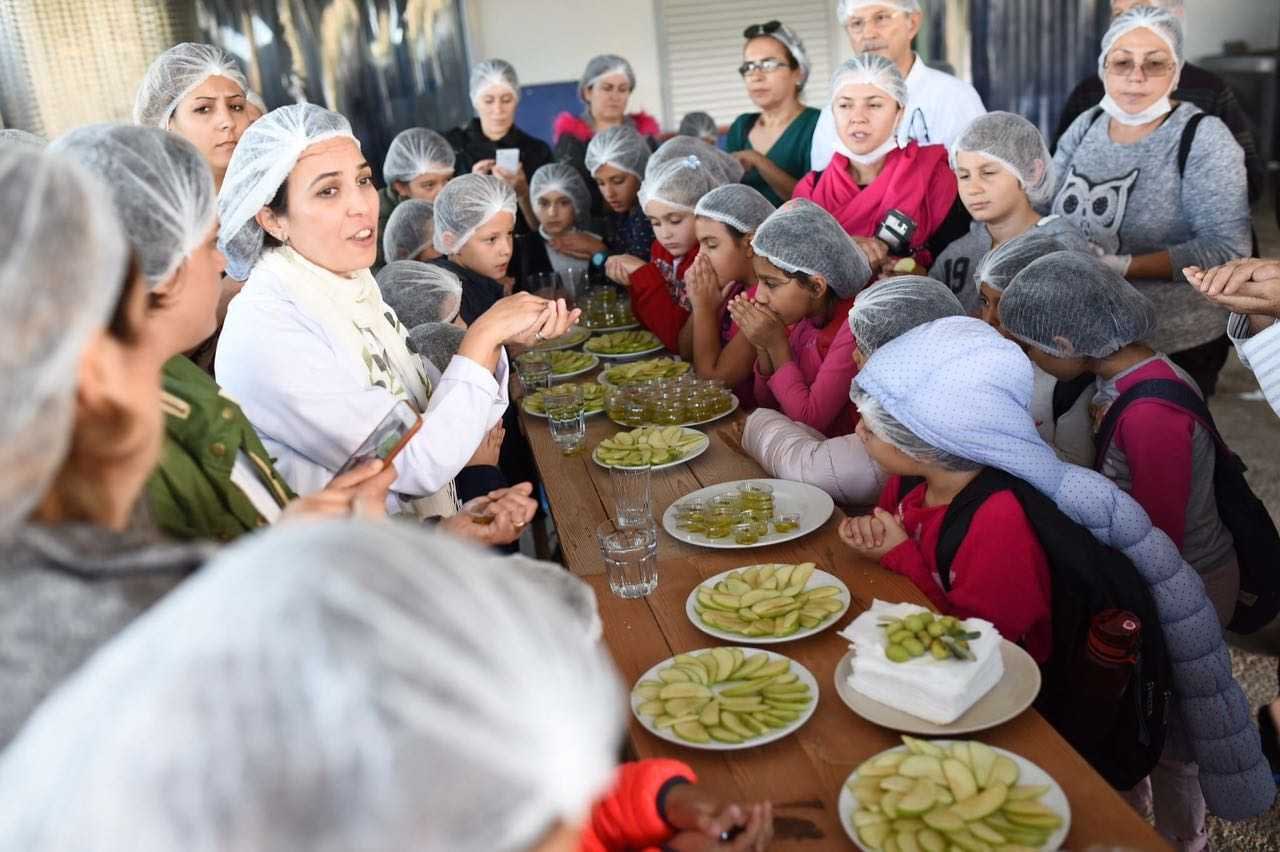The Covid-19 pandemic has wreaked havoc on the global economy over the past 16 months, but the tourism industry has especially felt its impacts.
According to data from the United Nations World Tourism Organization, international tourist arrivals fell by 73 percent in 2020, compared with 2019, and a further 85 percent in the first five months of 2021.
Since March 2020, we have not received a single foreign tourist at our farm whereas the local visitors dropped by 90 percent compared to the pre-pandemic period.
Turkey is among the countries that were hit hardest by the pandemic. In 2019, Turkey was the sixth most visited country in the world, with 52 million tourists contributing $35 billion in revenue to the economy.
The number of arrivals plunged by 70 percent in 2020, and the government estimates that tourism revenue will reach just $23 billion in 2021.
See Also:Andalusia Seeks to Make Olive Production More Profitable With Tourism InitiativeHowever, among olive growers and oil producers, who have been increasingly focused on promoting olive oil tourism in the past few years, there are still plenty of reasons to be optimistic about the future.
“Agritourism in Turkey is a brand-new approach,” Duygu Ozerson, the co-owner of Hiç, told Olive Oil Times. “The government, as well as the farmers, realized the necessity of the interaction between producers and consumers. The number of agritourism operations is increasing every day.”
Located on the picturesque Aegean coastline, Ozerson oversees 60,000 olive trees, the largest organic olive forest in the region, along with 30 different species of aromatic plants and herbs.
She said that the Covid-19 pandemic caused tourism to dry up in the region and forced touristic operators to adapt.
“Tourism was the sector most negatively affected by the Covid-19 pandemic,” Ozerson said. “However… various new tourism forms and solutions were discovered while domestic tourists who could not go abroad helped to keep the domestic market alive.”

A limited number of domestic visitors have helped keep the olive oil tourism industry afloat. Photo: Duygu Ozerso
“Gastronomy and tourism festivals and conferences started to be organized online,” she added.
About 140 kilometers north of Hiç, Haluk Yurtkuran has played an active role in keeping the country’s olive-producing heritage alive by founding an olive oil museum.
“The goal of the Adatepe Olive Oil Museum is to preserve the literary and visual history of olive oil production in Turkey,” he told Olive Oil Times. “As a pioneer of olive tourism, we have started the first olive harvest tour packages for small groups who visit our farm during the harvest season, which is considered to be the low tourism season for the region.”
“Thanks to emerging small olive farms and local museums increasing in number and contributing to olive tourism as well, consumer demand for monovarietal olive oils is growing,” Yurtkuran added.
However, travel restrictions imposed by multiple governments on Turkey have seen the number of tourists visiting Yurtkuran’s farm and museum dry up, and along with it, an important stream of revenue for many producers.

Yurtkuran poses with a traditional press at the Adatepe Olive Oil Museum. Photo: Haluk Yurtkuran
“I can easily say that we were receiving 50,000 to 60,000 local and foreign visitors annually before the pandemic,” Yurtkuran said. “Seventy-five percent of our sales were from the customers who visit our museum shop and 25 percent from online shopping.”
“Since March 2020, we have not received a single foreign tourist at our farm whereas the local visitors dropped by 90 percent compared to the pre-pandemic period,” he added.
However, the agritourism sector in Turkey had shown plenty of promise before the onset of the pandemic. Yurtkuran emphasized the need for broad cooperation from Turkey’s public and private sectors to get the industry back on track.
“There must be close collaboration and coordination between the ministry of culture, ministry of agriculture, local universities and non-governmental organizations in making plans and giving guidance to local olive producers,” he said.
One of the ways in which to promote olive oil tourism in Turkey has come in the form of setting up integrated facilities that bring together all the different facets of olive growing, oil production and olive oil culture.
In 2019, the Marka Sehir Project in Balıkesir set out to do just that with the hope that the project would help spur investment in the inland olive oil-producing region. However, the onset of the pandemic in 2020 has been a significant setback.
Moving forward, the architects of the project hope to leverage Turkey’s immense olive-producing potential and copy what the world’s largest wine-producing regions have done.
“Turkey is among the leading exporting countries in the olive oil sector,” a project spokesperson told Olive Oil Times. “There are estimated to be between 1,000 and 1,100 processing facilities in rural areas where about one million tons of olives are processed per season. In 2017, the export value of table olives of Turkey was €95 million.”

A possible view from the proposed olive route. Photo: Marka Sehir Project
“It has been decided to establish an olive route in Balıkesir,” the spokesperson added. “In addition, it is planned to determine the routes, to mark them, to write their coordinates on the map and to determine and implement supporting infrastructure works.”
When completed, the route will bring plans of the integrated olive oil tourism facilities to fruition, with opportunities to visit the olive groves, oil mills, museums and restaurants.
The latter of these is one of the driving forces of the Urla-Izmir based olive oil producer, OLivurla, not far from the Hiç olive forest.
Erdinç and Pelin Omuroğlu established the farm in 1998, planting 10,000 olive trees and building a mill that is now powered by solar panels.
“On average, I would say around 1,000 to 1,500 people visit our olive farm and mill each year,” Pelin Omuroğlu told Olive Oil Times. “Our restaurant has welcomed over 90,000 people per year since 2018. We welcoming around 2,000 people per year in our production facility and in our olive forest.”

Demonstrating the importance of olive oil and food at Turla. Photo: Pelin Omuroğlu
“Last year, which was the first summer after Covid-19, we had far fewer guests than before,” she added. “There were smaller groups of less than 10 and always outdoors.”
Despite the dramatic impact of the pandemic, Omuroğlu believes that one of the key focuses on olive oil tourism should be gastronomy, which allows people to taste a producer’s extra virgin olive oil in its own cultural setting.
“Gastronomy and the culinary culture of our country has a unique class of food known as cold olive oil dishes or ‘zeytinyağlılar,’” Omuroğlu said. “Turkey has the only type of cooking selection throughout Mediterranean countries.”
Just like the masterminds of the Marka Sehir Project, 180 kilometers northeast of her groves, Omuroğlu wants the government to focus on olive oil tourism as it works to ramp up production, with wine serving as a guiding light.
“The government plans to increase the olive oil production capacity to one million tons per year in 10 years,” she said. “The Turkish government is now the owner of the world’s third-biggest olive collection and there are many olive harvesting festivals all over the country,”
“I suggest that to issue an olive grove map app of each county and region, just like a wine route,” Omuroğlu added. “That would be a very useful source for tourists to explore by varieties.”
While it will take time for producers to recover from the devastation of the Covid-19 pandemic, olive oil tourism operators see plenty of opportunities to develop the fledgling sector in the months and years ahead.









